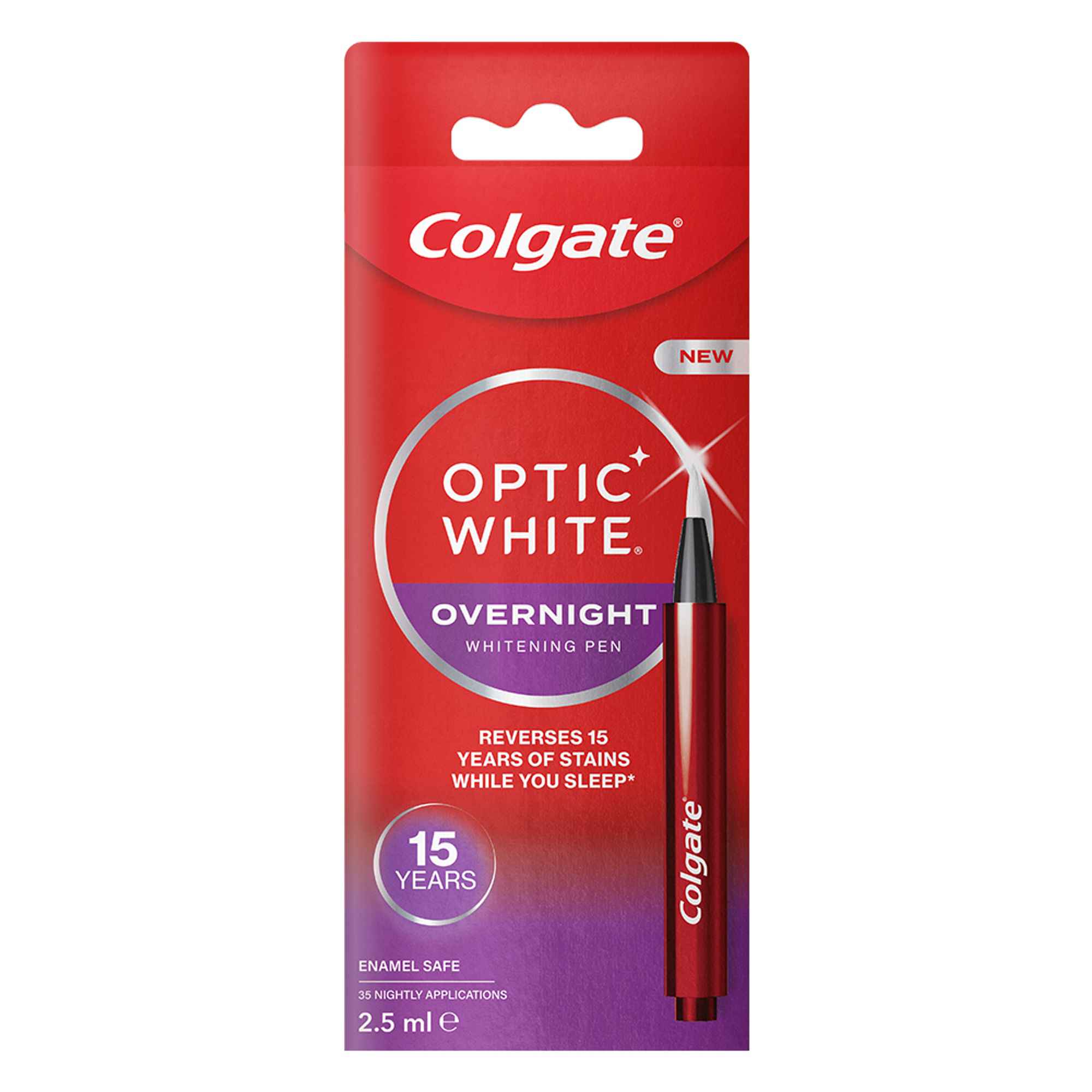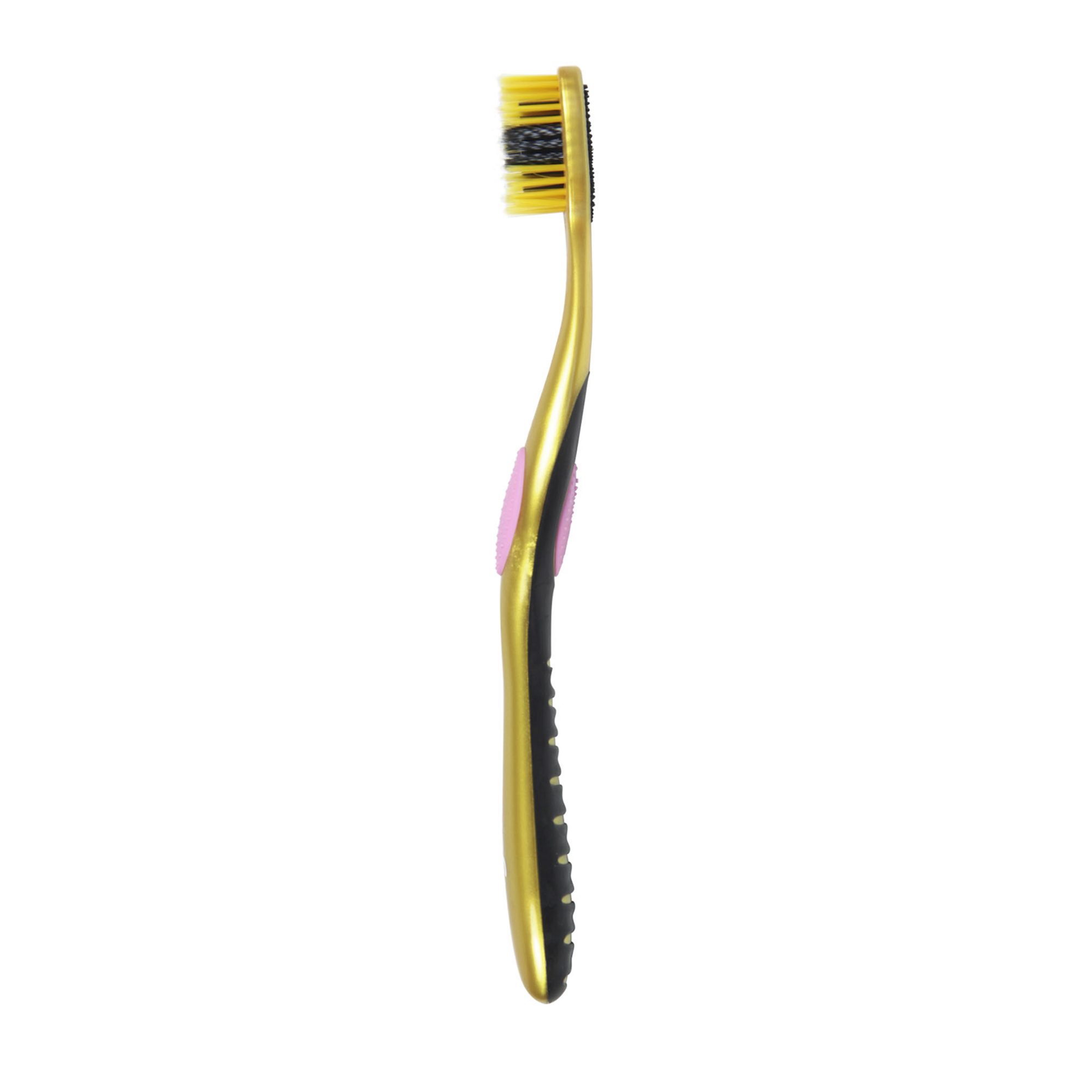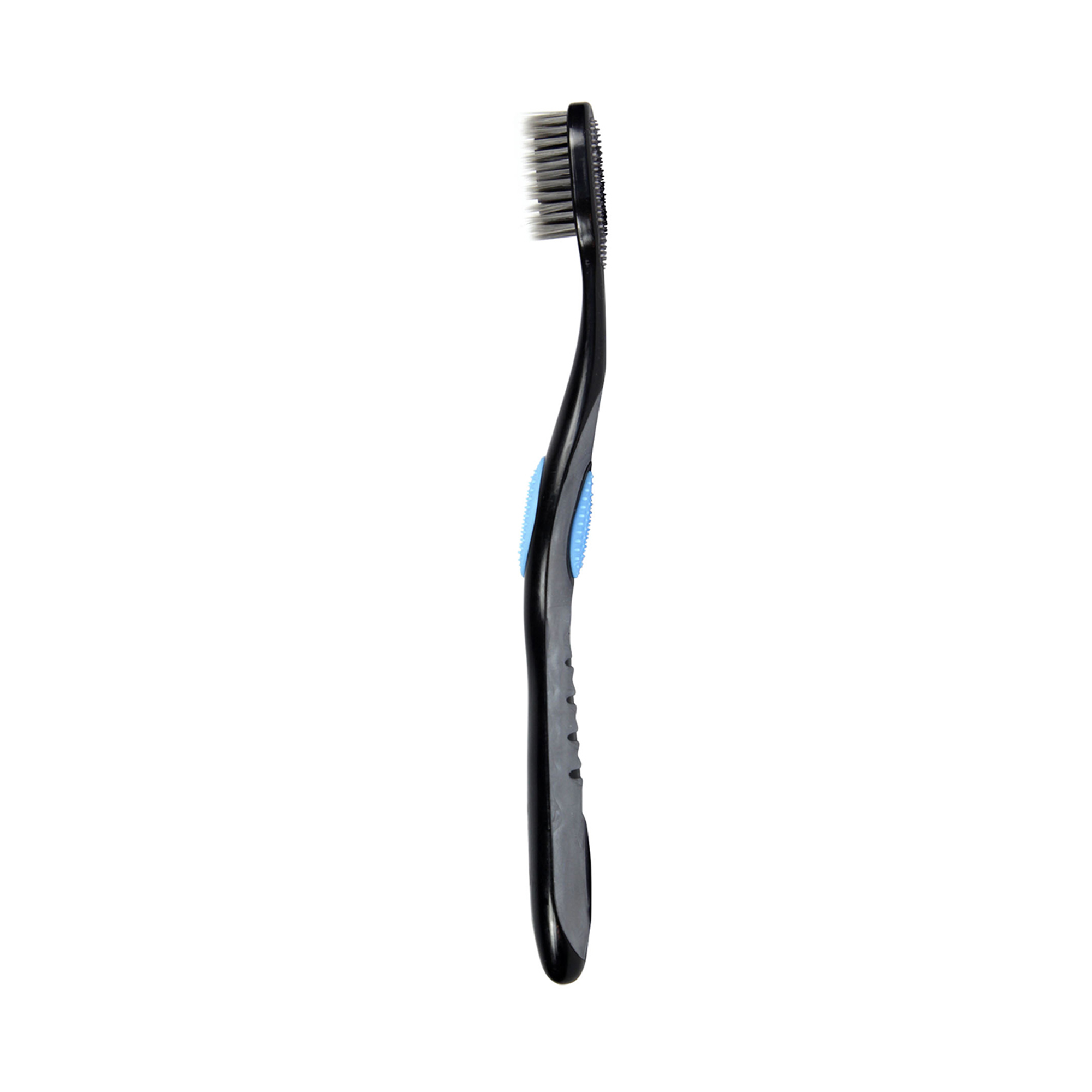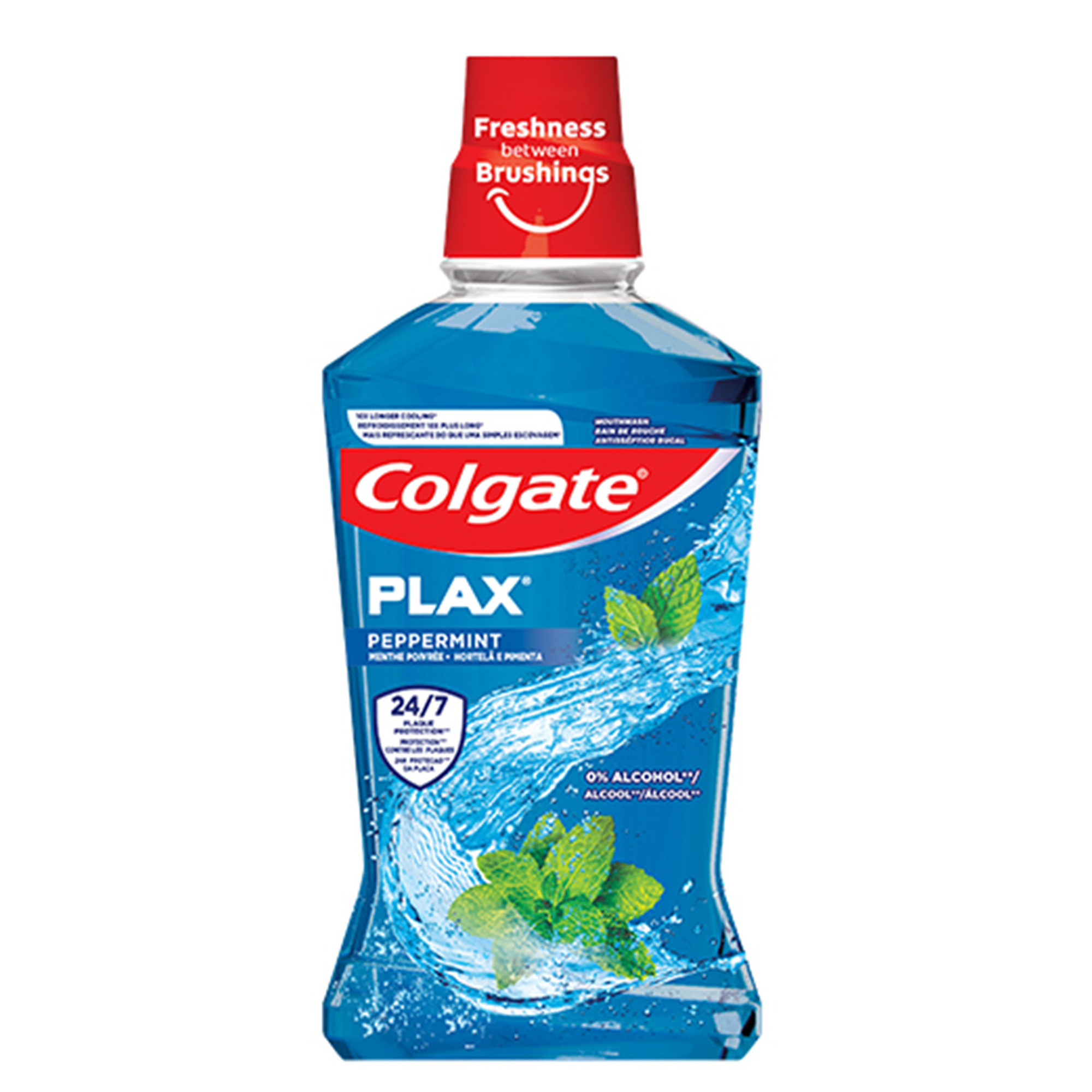According to Mayo Clinic, those who suffer from bruxism typically clench their teeth during the day or grind them at night when they sleep – also known as sleep bruxism. The bruxism causes are varied, but you can watch for certain symptoms if you think you may have it.
Signs and Symptoms
Bruxism has many symptoms that are similar to those of other conditions. Consult your dentist if you're concerned about:
Diminished tooth enamel and increased tooth sensitivity.
Jaw soreness or tight jaw muscles.
Grinding of the teeth loud enough to wake up your partner.
Flat, loose or chipped teeth.
A headache that begins at your temples.
Sleep Issues
It isn't known for certain what gives way to bruxism, but both physical and psychological causes are often linked to teeth-grinding. Sleep issues are some of the most common. Snoring, sleep talking and even a sleep disorder such as sleep apnea, as noted by The Bruxism Association, can play a role in developing sleep bruxism. Sleep apnea is a unique condition that affects the breathing process; be sure to see your doctor for a diagnosis and treatment.
Negative Emotions
Anger, anxiety, frustration and stress are four major reasons a person may grind their teeth as a coping method. The latter is the big one, according to the American Dental Association (ADA). Although professional counseling can make it easier for you to deal with a stressor, there are personal ways to manage it as well. Exercise releases endorphins that provide tremendous stress relief, whereas certain relaxation methods – such as listening to music, taking walks and even a warm bath – are similarly helpful. Work-related issues are frequently to blame, so be mindful of your workplace atmosphere and how you approach the tough aspects of your career.
Malocclusions
Bite and alignment issues with the upper or lower jaw are another common cause of grinding. Something as simple as braces or as extreme as jaw reconstruction are potential fixes, but always discuss this treatment with your dentist to ensure you take the right course of action to correct any malocclusions.
Lifestyle
Substance-based habits such as tobacco use, alcohol consumption and even too much caffeine can increase your risk of bruxism. Your medical professional can even recommend a friendly form of addiction treatment if need be. Keep in mind that age is also a factor, as bruxism is more common in children before they're teenagers.
Medications and Disorders
Bruxism causes have also been linked to side-effects from psychiatric medications and antidepressants, along with neurological conditions like Huntington's Disease and Parkinson's Disease. Consult your doctor in these cases.
Prevention and Treatment
If you suspect you suffer from bruxism, start listing any symptoms and call attention to them at your next dental appointment. He or she may want to perform a full exam to confirm any symptoms or signs for sure, and then determine the reasons they have occurred. In the interim, he may prescribe a mouth guard to relieve any damage already done from grinding, or perform a dental procedure to correct any problems related to tooth alignment. Discussing stress reduction methods is another option if you haven't undertaken them.
As always, oral care starts at home. That means brushing with a suitable toothpaste to strengthen enamel that can wear away as a result of the condition.
This article is intended to promote understanding of and knowledge about general oral health topics. It is not intended to be a substitute for professional advice, diagnosis or treatment. Always seek the advice of your dentist or other qualified healthcare provider with any questions you may have regarding a medical condition or treatment.
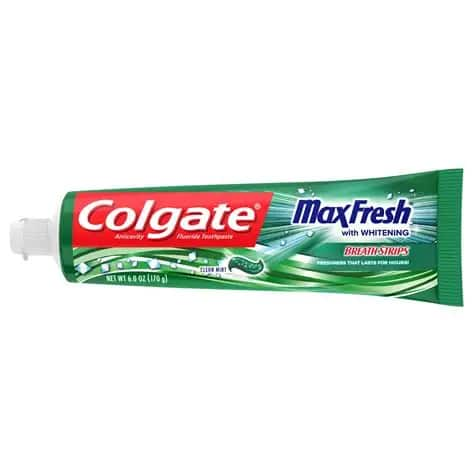
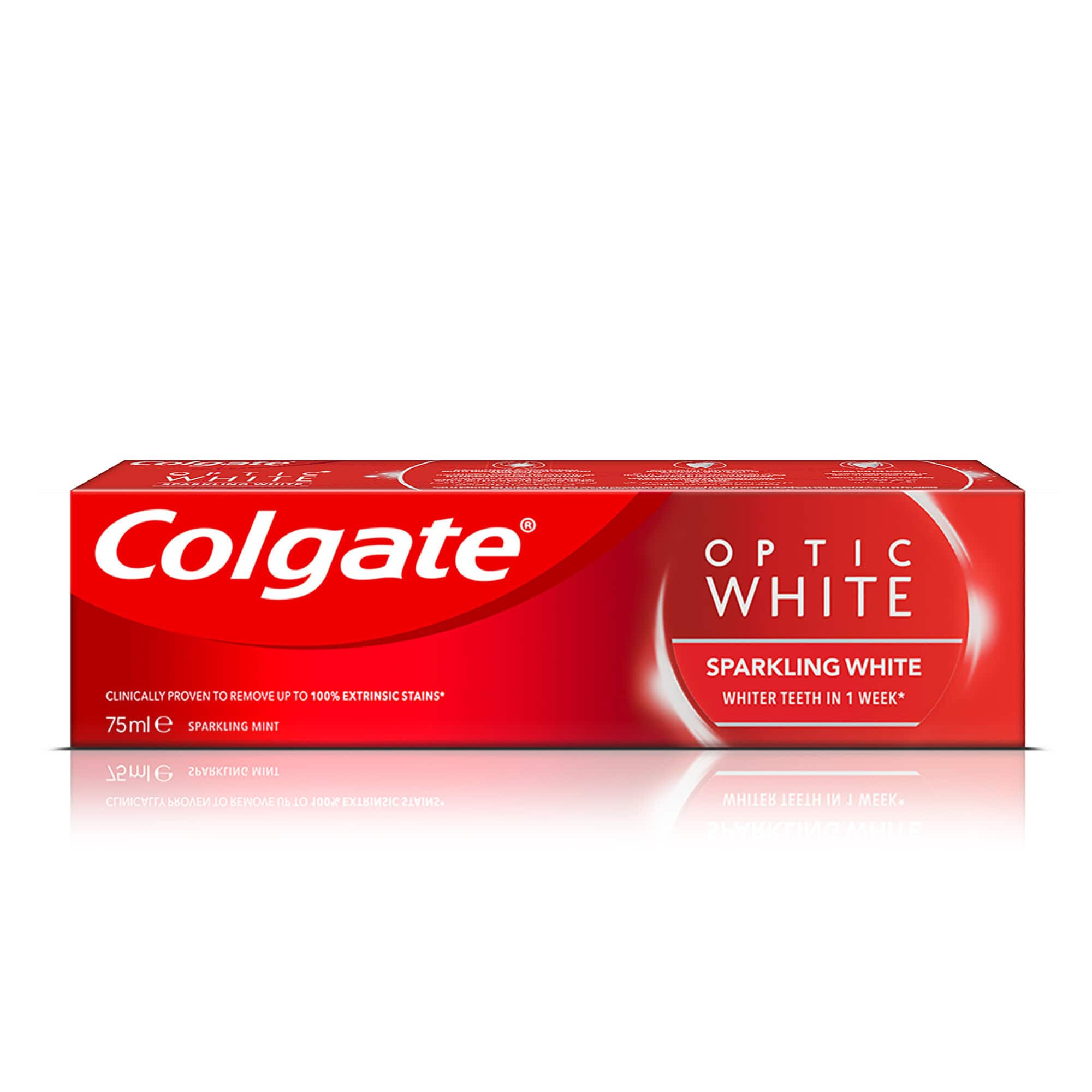
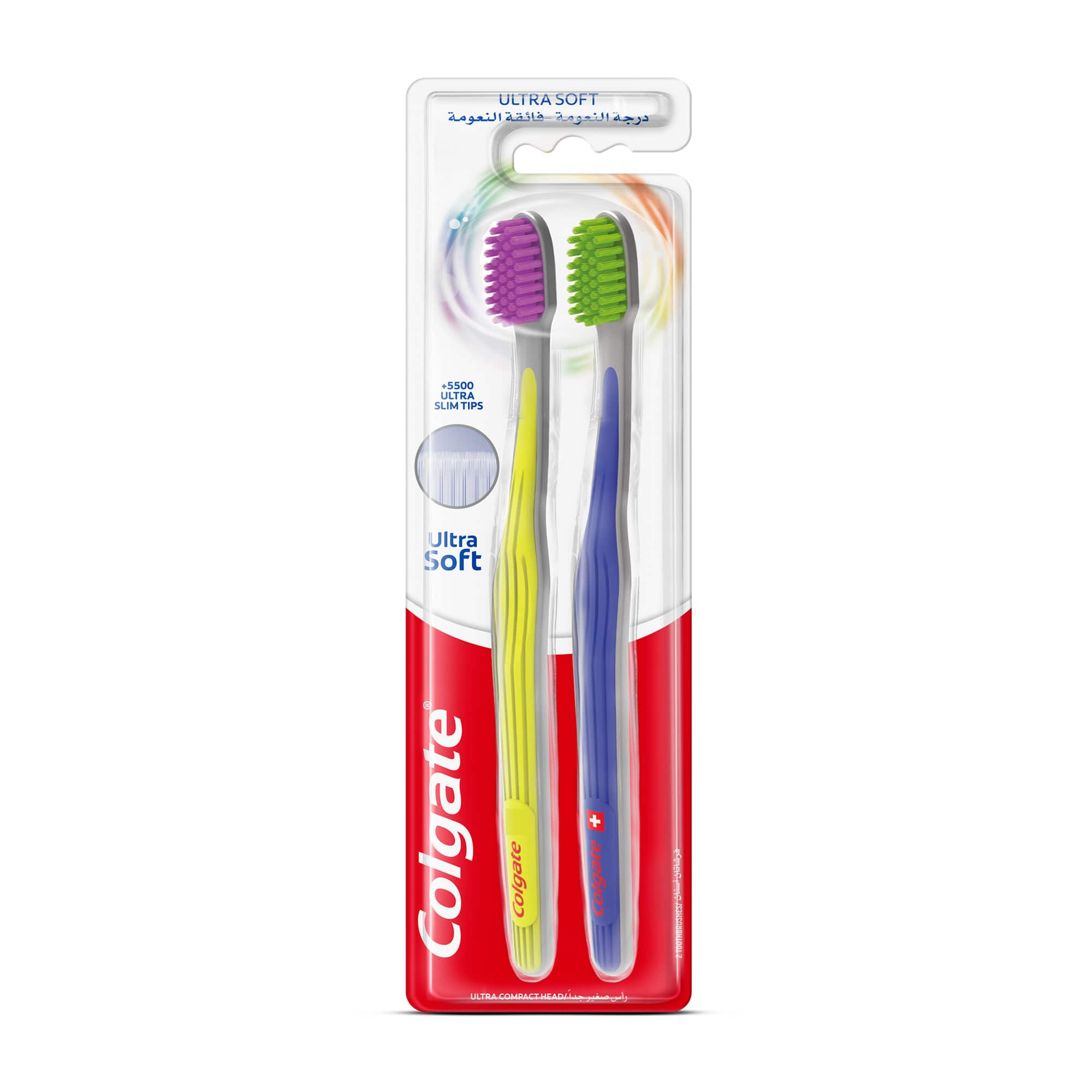


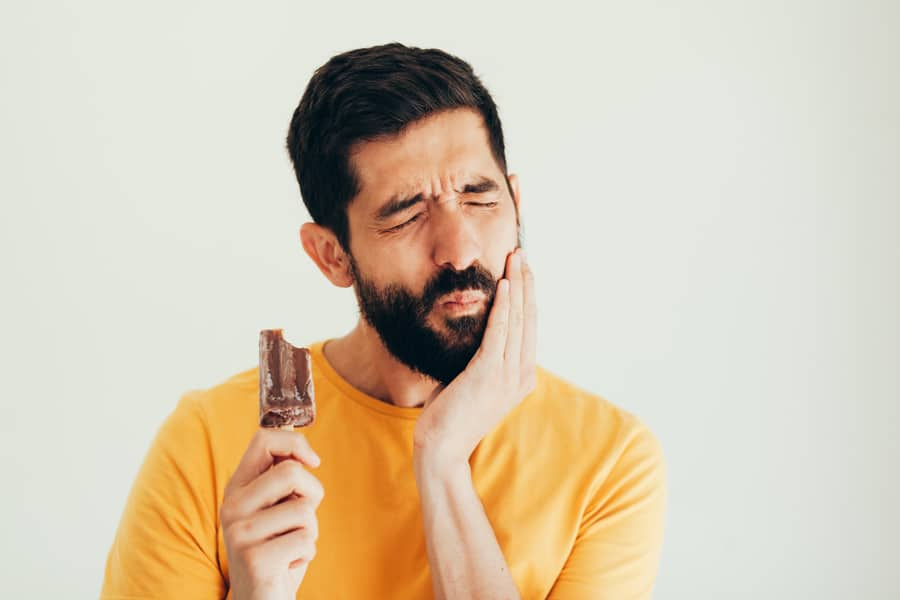
.jpg)


